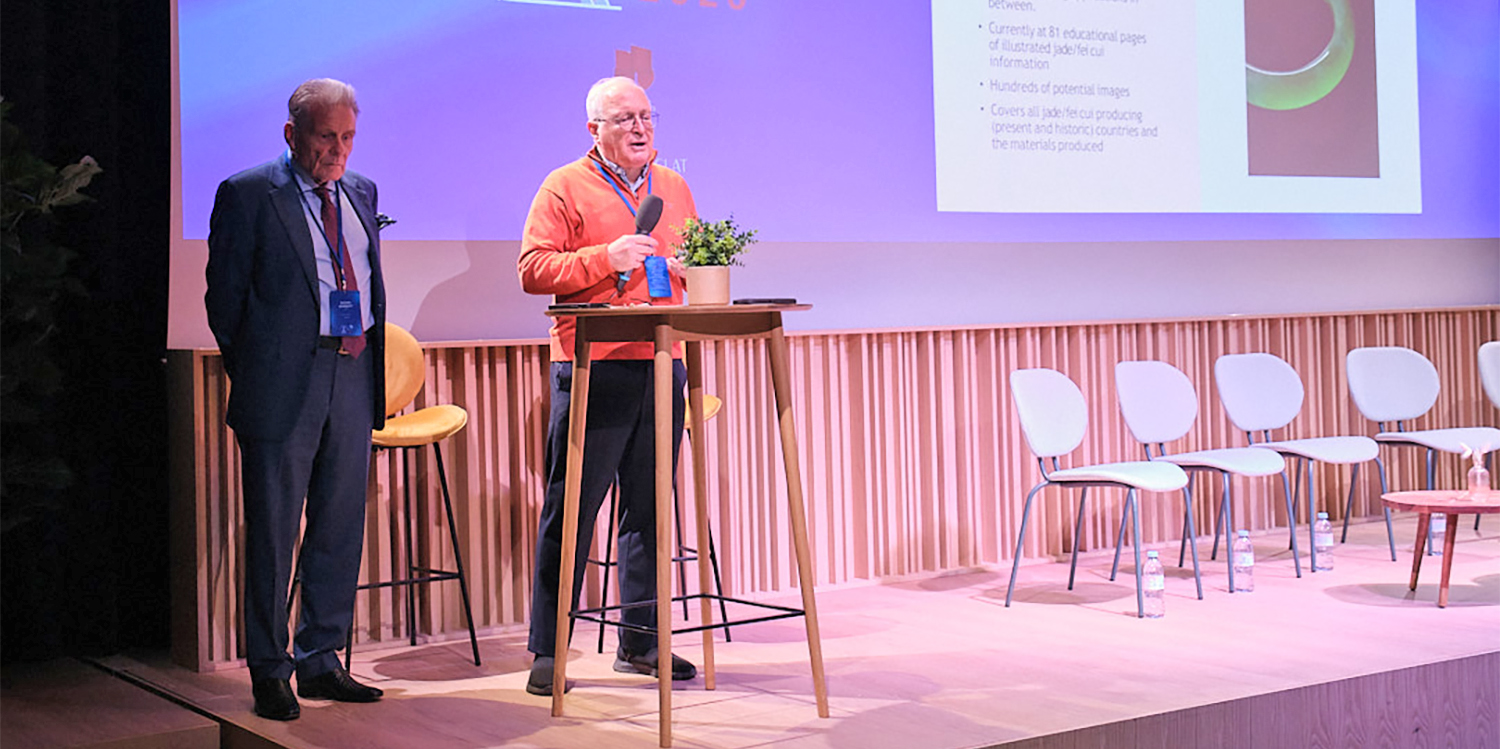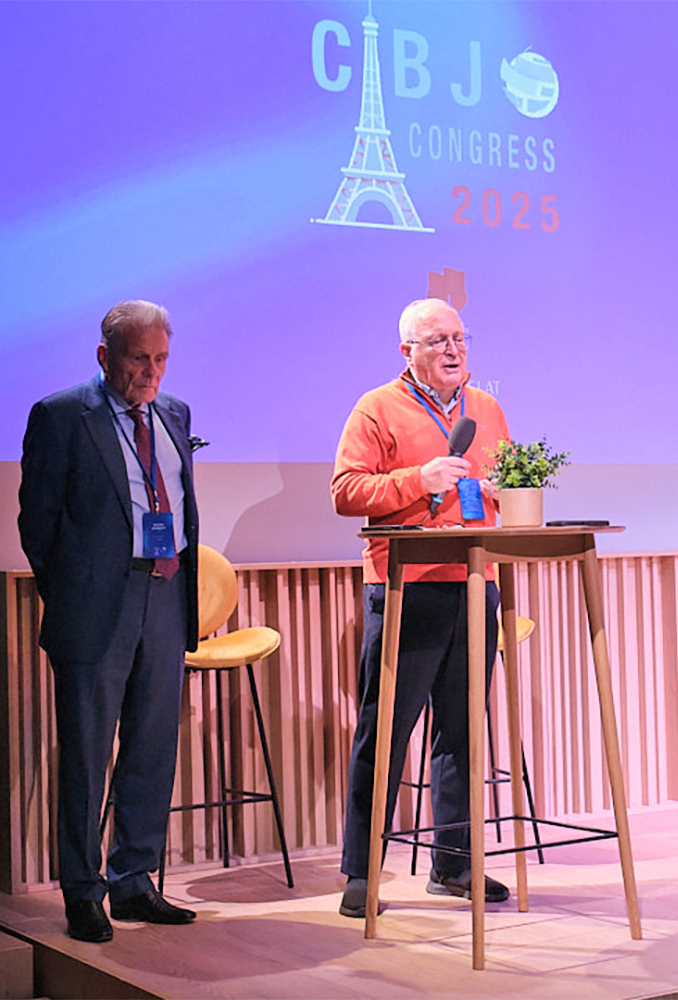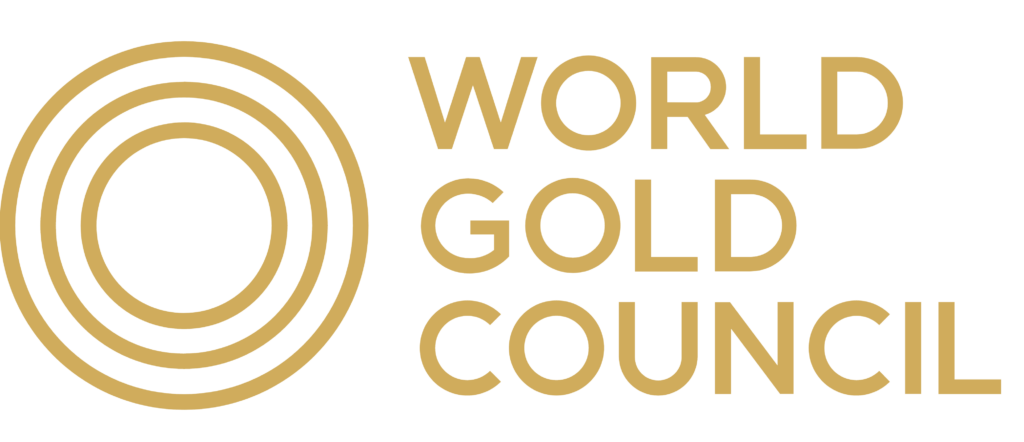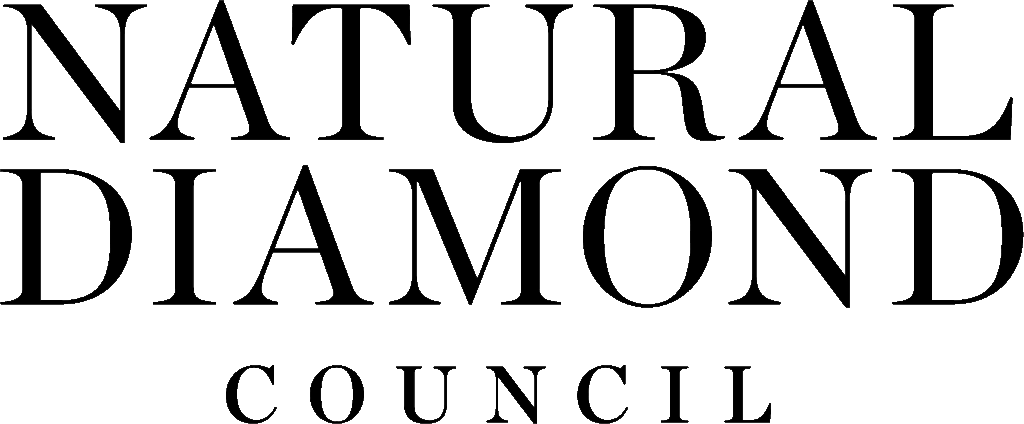OCTOBER 28 2025
CIBJO working groups are making good progress producing new jade and opal Guides, which should be “on the books” in time for the 2026 Congress, CIBJO Vice President Kenneth Scarratt said.
Charles Abouchar, President of the CIBJO Coloured Stone Commission, presiding over development of the jade and opal guides, told the Congress that several meetings had taken place on Zoom, aimed at developing the guides for the public and professionals.
“We are trying to make it as simple as possible and to clarify any differences (in definitions, treatments etc) between East and West,” Mr Abouchar said.
Jade (Fei Cui) demand is mainly centred on Asia, notably in China, which accounts for at least 90 percent of the jade market.
The guide clearly defines and explains different types of jade, such as white nephrite and green nephrite, as well as different treatments and origins, and describes some dishonest activities and attempted frauds that have taken place in the trade.
A jade working group was established to seek standardisations in valuations and appraisals, Mr Scarratt said.
Work has also taken place to update the Opal Guide, incorporating patterns of play of colour, the opal classification chart, important opal producing countries, such as Ethiopia and Mexico, including detailed map images.
“We should be ready to present it at the CIBJO Congress in Vicenza in 2026,” Mr Abouchar said.
The updated 268-page Pearl Guide, which followed several Zoom meetings and email exchanges, and is almost finished, contains much more content than the previous guide, and is entitled “Describing and Classifying Natural and Cultured Pearls, the Producing Molluscs & Responsible Pearling”.
“It is quite extensive in its content,” Mr Scarratt said.
The Pearl Guide explains terms such as “Basra Pearls” and “Oriental Pearls”, and includes impact case studies in several pearling nations, as well as explanations of different molluscs.
Currently CIBJO does not have its own classification system for natural and cultured pearls.
The new Guide sets out five different classification systems, including Bahrain-headquartered DANAT’s system for natural pearls, as well as treatments and definitions.
TIER 2 SPONSORS










